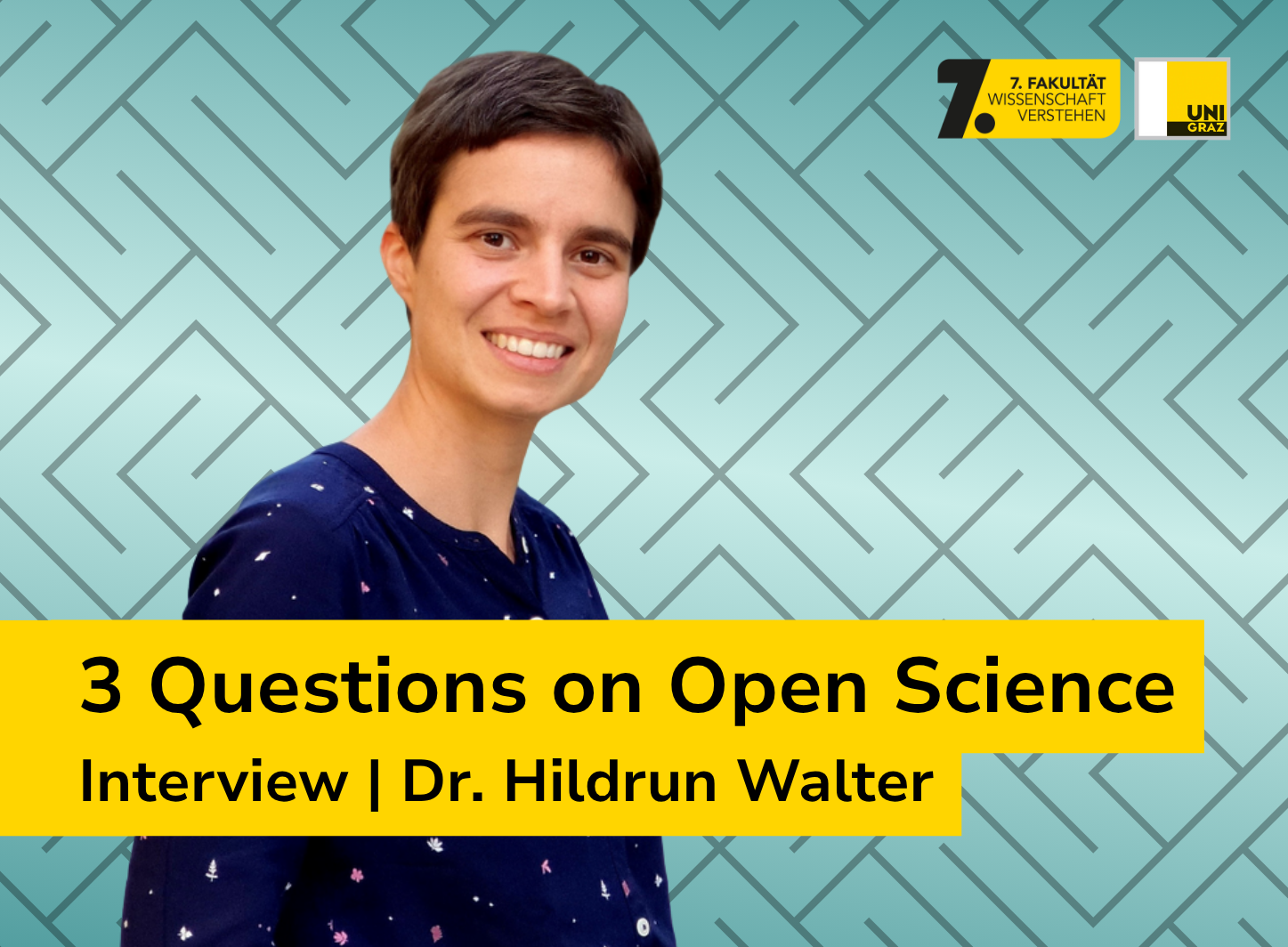1) What is your activity called and why does it exist?
In research, we all strive to gain new knowledge and to make it accessible to people for whom it may be relevant. However, often scientific information is inaccessible and non-transparent with scientific articles behind paywalls, datasets that can’t be accessed, work flows with proprietary software, and protocols that aren’t comprehensible.
In the Arqus Open Science Ambassador Network, we discuss what Open Science can contribute in order to make research and scientific information accessible, reusable and trustworthy. Open Science is complex. And when thinking about ways to move forward, there are many possible solutions, but also obstacles and challenges. The network is part of the Arqus European University Alliance and our international ambassadors are researchers from various disciplines. Their different perspectives help us to elucidate opportunities and disadvantages of Open Science, e.g. in our webinars. The ambassadors are proficient in specific areas of Open Science and can help you take first steps toward practicing Open Science. As we strive to foster the implementation of Open Science in our universities, we have launched an Open Science Award for doctoral researchers and postdocs, for which applications can be submitted on our website until 14th of December.
2) What do you personally get out of your engagement with it?
For me, Open Science is a key piece of the puzzle to make research and science communication fit for the future. As a researcher for science communication, I am especially interested in how science and society goes together. In the Ambassador Network, I find friendly and motivated colleagues with whom I can critically examine ideas.
- How will Open Science influence the perception of science and scientists?
- In which way can Open Science practices help us to sustain trust in science and research institutions?
Our joint activities strengthen my feeling of being part of a community, which is important in a field that otherwise tends to receive little attention.
3) Why should others join and how can they join?
Open science is not just about practices and data. It is a movement that thrives on the support of many fellow campaigners. It would be wonderful to have ambassadors and supporters from all disciplines and with various competences in Open Science. Critical voices are also welcome, so that we can take as many different views as possible into account in our work. You can join the network or get updates via our mailing list by contacting me or one of the ambassadors. Do you want to get a better impression of our work? Have a look at our website. And feel free to join our next online meeting on the 10th of November 2025 to get to know the community and our current activities.
Thanks a lot, Hildrun, for taking the time to tell us about your activities!
Interview: Johanna Stadlbauer, 30.10.2025, Picture credit: Walter (privat)
The original interview was published as part of the Research Careers Campus Graz portrait series, which features people and networks shaping our research environment towards a more open, collegial, and diverse academia.
